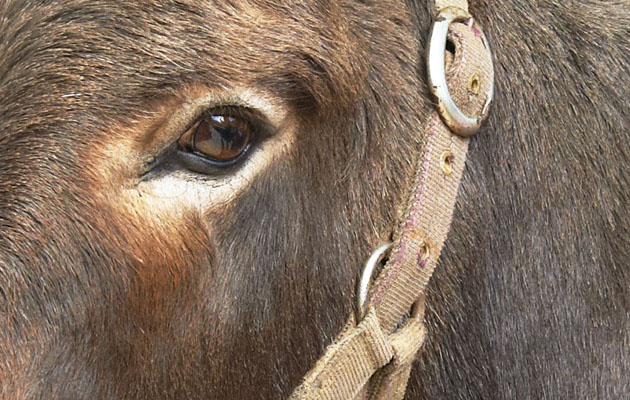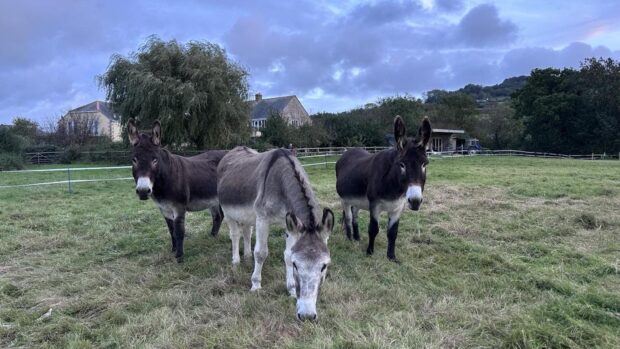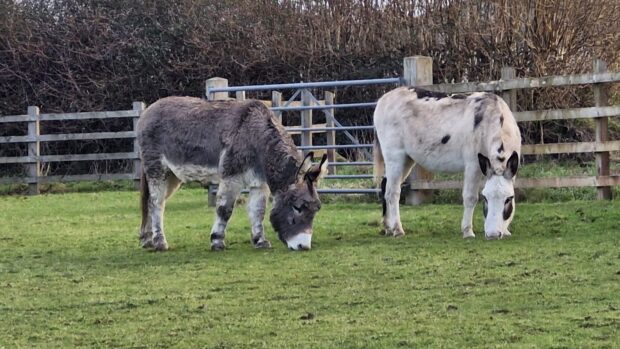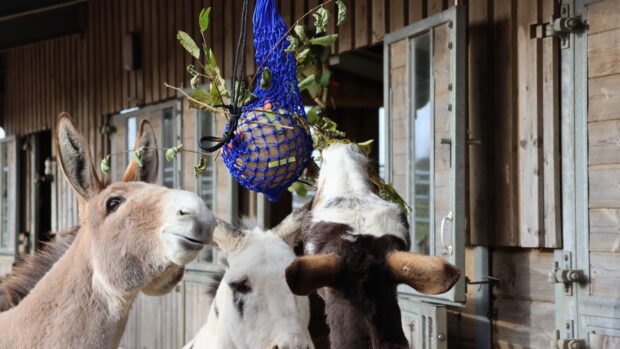Donkeys are being smuggled into Kenya to keep up with the demand for their hides, an investigation sponsored by an international welfare charity has claimed.
The report by Oxpeckers Investigative Environmental Journalism and sponsored by the Donkey Sanctuary states the animals are being smuggled across the boarder from Ethiopia and into slaughterhouses in Kenya.
It found donkeys are being sourced both legally and illegally in Ethiopia and then trucked up to 1,100km to reach the border post in Moyale, where they are unloaded and walked across the border. The equines are then reloaded and trucked to certain slaughterhouses.
At the moment there is no legal export trade in donkeys from Ethiopia to Kenya.
Simon Pope, campaign manager for the Donkey Sanctuary, raised concerns over the welfare impact this is having, both on donkeys and the people who rely on them.
“Every donkey stolen from a dependent family or community in Ethiopia sets in motion a story of broken hopes and poverty,” he said.
“It might mean that family cannot afford to put food on the table that night, or that they have to work even harder and longer now that their principal means of earning a living has gone.”
A rise in demand for ejiao — a traditional Chinese medicine that uses gelatin from the hides — is thought to be behind the hike in the donkey skin trade, with a falling donkey population in Kenya prompting animals to be sourced further afield.
“A huge international industry has been built around the escalating demand for donkey skins,” said Mr Pope.
“It is time that instead of [authorities and those in the industry] saying that they oppose the illegal theft and slaughter and trafficking of skins, that they demonstrate it in their actions as well.
“They should begin immediately by refusing to buy hides from these slaughterhouses [who buy illegally-sourced animals] until they can demonstrate that their donkeys or hides are sourced only from legal channels.”




